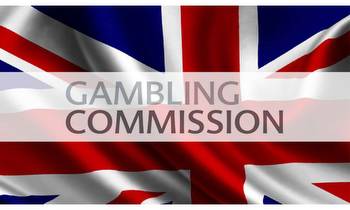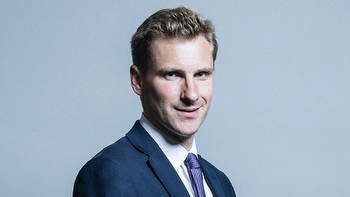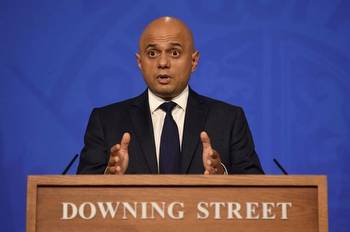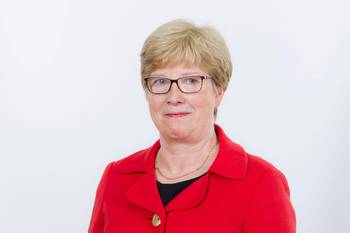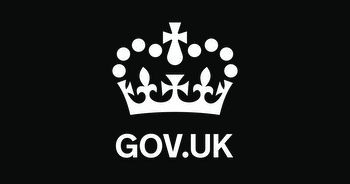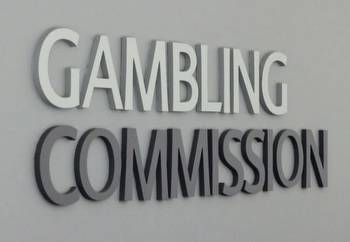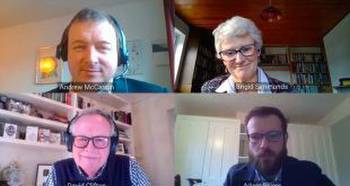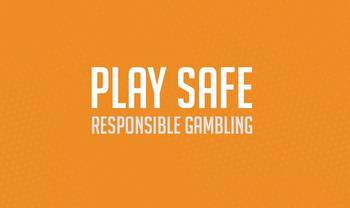Gambling Reform Rally speech
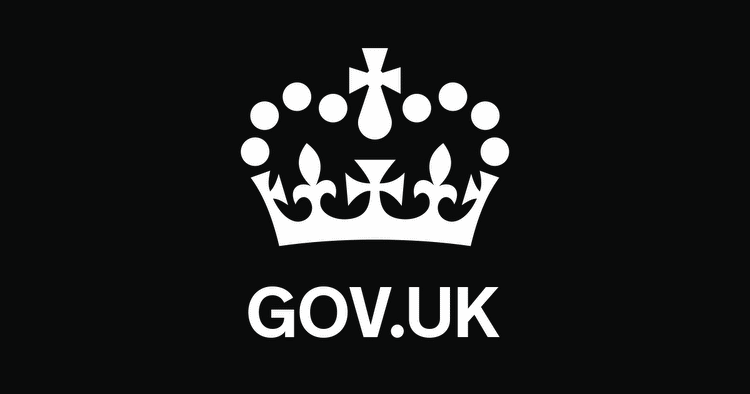
Good afternoon and thank you for that introduction and inviting me here to speak.
As we discuss the very serious issues which are the topic of today’s conference, I know that everyone will want to keep in mind the terrible atrocities being committed in Ukraine by the Putin regime as we speak. I am sure everyone here will want to express support for the Ukrainian people in this dark hour for their nation, and also support western Governments, including our own, in sending aid, imposing ever-increasing economic sanctions against the Putin regime and supplying substantial quantities of weapons to enable the Ukrainian Government and their brave armed forces and volunteers to defend their people and their land from this unprovoked invasion.
Let me turn now to the topic of gambling, and gambling harm. I want to start by recognising the hard and often very difficult work which many of you in this room have done over recent months and years to campaign for change in the gambling sector. In particular, I want to thank and pay tribute to those of you with lived experience of severe gambling harms and the families of those who have lost their lives for your bravery in speaking out and sharing your experiences. I have been able to meet many of you and hear your stories since I took over as the Minister with responsibility for gambling in September, and I know many of you will have made submissions to our Call for Evidence last year or met with officials too. The voice of those with lived experience and the families of those who have suffered or died is being heard.
Reform is undoubtedly long overdue. We’re working on a white paper which will set out a revised policy in this area, and it is due to be published very soon.
As you will appreciate, I cannot pre-announce the policies in our White Paper which we are in the process of finalising. But what I can say is that we know that the gambling landscape does need reform - significant reforms - as it is now significantly different from the last time our gambling laws were comprehensively reviewed some 17 years ago. Internet gambling didn’t really exist in 2005. We now have evidence, including a Public Health England report, which identified 409 gambling suicides a year. It is imperative that we respond to that. Change is certainly needed.
We’ve heard too many cases of operators failing to meet their duties to protect people. Just last week, the Gambling Commission levied a huge fine against an online gambling company for breaches of their responsibilities to prevent harmful gambling and investigate their customers’ source of funds. In that particular case, the gambling firm was fined £9.4 million by the Gambling Commission because they allowed an NHS worker who was only earning £1,400 a month to set a deposit cap at £1,300 a month. That’s over 90% of their monthly income. In addition to that, they allowed another customer to lose £37,000 in an extremely short period of time with no checks whatsoever.
That is simply not right, and it shouldn’t take the Gambling Commission acting after the event to catch them. It shouldn’t happen in the first place.
In a separate case just a few weeks ago, a man was jailed for stealing hundreds of thousands of pounds from his employer to fund obviously unaffordable gambling losses. There has even been a case of someone stealing the staggering sum of £15 million from clients to fund a gambling addiction - without being stopped. There is no way anyone should be taking £15 million in gambling losses without asking questions, which clearly didn’t happen in this case.
And of course I saw the Coroner’s conclusions last week from the inquest into the tragic death of Jack Ritchie, whose parents Charles and Liz I have met and are here today.
This begs the question of what things can we do differently to stop this happening. One of the things I’ve spoken about previously is the role that technology and data can play in preventing harm from arising, because the big gambling companies have enormous troves of data which they use very effectively for the purposes of cross-selling, and encouraging people to gamble more. So I think we need to use that data to help protect the public, which means having a regulator that has the powers and capability to get hold of that data and properly analyse it, to understand where bad practices are happening and ensure compliance. There is a new Chair and Chief Executive of the Gambling Commission who were appointed in the middle of last year, who we are working closely with, to try and figure out these changes.
Separate to the review, the Gambling Commission is going to publish shortly its enhanced requirements for customer interaction, so making sure gambling operators are doing proper checks, and we’re going to address that in our review as well, to make sure the right protections are in place, to stop this kind of thing happening in the future, because there is a lot we must do through the Gambling Review to combat the risk of people falling into addiction.
There’s a couple of areas data can be used to accomplish that.
One is the Single Customer View, which is where there is a process of data sharing, and secondly, affordability checks. We’re clear that we’re not going to rely on self-regulation. The Government and Gambling Commission have a range of powers to make sure our objectives for the sector can be properly delivered, and that operators behave in the right way - which some do, but a number of others do not.
It goes without saying that any data shared as part of the Single Customer View, or gathered to check on a customer’s financial circumstances, should only be used for the purposes of harm prevention. Under no circumstances should it be used for commercial purposes. But it’s also important to make sure that this work is proportionate. It wouldn’t be appropriate or proportionate to have intrusive checks for someone who is betting relatively small amounts of money on the Grand National. But there are definitely levels of more significant gambling losses where proper checks should be done. That is the kind of intervention we’re looking at, in a way that is proportionate and balanced. Obviously there are legitimate customer concerns about privacy that need to be balanced with the imperative to prevent harm. We’re going to make sure that balance is struck in a reasonable way.
Everyone is at risk of developing a gambling addiction, but many people are able to gamble reasonably. We’re a free country, and people should be allowed to do that. What we can’t have is people being led down a path to a very dark place. Too much of that is happening at the moment. Prevention is a lot better than cure, which is why we do see this as a public health issue and why we do have, and should have, controls that protect everyone who chooses to gamble - through the licensing regime to regulation to technical standards. Some of this is being done already. For example, a couple of years ago, a ban on gambling using credit cards was introduced, and some important work on self-exclusion, but more work needs to be done in these areas.
We also need to do more work on treatment. There are two gambling clinics in the UK - one in London and one in Leeds. There are three more clinics opening shortly - in Stoke, Southampton and a satellite service in Telford. There is a Government commitment, funded by the NHS, to get 15 gambling clinics opened over the next couple of years, which is an important part of the treatment programme as well.
I hope you’ve gathered from my comments and the case studies that I’m very powerfully seized by that I recognise the need to do more to protect people. 409 suicides a year just isn’t acceptable. People are being exposed to risks in an unreasonable way, led down what can be a very dark path. So we are going to act, and act quickly. We’ll do it in a way that is balanced and proportionate, that is led by the evidence. But we’re going to act, and act quickly. It’s because of the campaigning by many people in this room that we’ll do that.
Thank you again for the invitation today, and campaigning in what must often be very difficult and tragic circumstances. Change is needed, and change is coming.




















